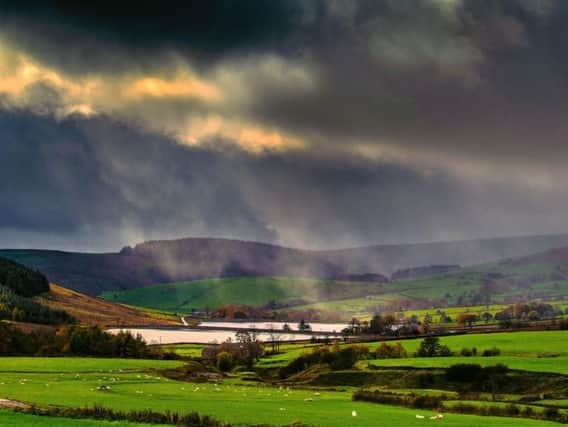Ben Barnett: Prospect of great farming betrayal as warm words on food standards 'don't wash'
This article contains affiliate links. We may earn a small commission on items purchased through this article, but that does not affect our editorial judgement.


Under the temporary tariff plan, most food and other goods entering the UK would be tariff-free, but at the same time, British goods would face tariffs on exports to the EU of up to 60 per cent.
The result? Well the industry warns of severe hardship, particularly for British producers of grain, eggs, fruit and vegetables as well as some dairy products. The UK would also be at risk of being “flooded” with food imports produced to lower standards, the National Farmers’ Union said.
Advertisement
Hide AdAdvertisement
Hide AdIts president Minette Batters remarked: “Farmers are going to feel betrayed by this Government’s failure to act now in making sure that all that can be done is being done to help mitigate the damaging effects of a no-deal.”
Reports of a leaked Whitehall memo obtained by Unearthed, the investigative wing of Greenpeace, will accentuate this feeling. The memo was reported to suggest that the international trade department will lobby for the UK to accept demands from the US for rules on food safety to be relaxed as part of a post-Brexit trade deal.
Advertisement
Hide AdAdvertisement
Hide AdA bending to US demands and a punitive EU tariff regime seriously risks a flood of imported food produced to standards that would be illegal on British farms. How could our farmers compete on price? And why should consumers accept this?
Farmers have been told high standards matter, that they won’t be comprised amid the shifting political landscape. This, from Theresa Villiers, Environment Secretary, in August: “We should take huge pride in the achievements of our farmers in producing the highest quality food to some of the toughest safety and animal welfare standards anywhere in the world.”
Her predecessor Michael Gove said in February: “We have been clear that we will not lower our standards in pursuit of trade deals... we will use the tools we have at our disposal – tariffs, quotas and legislation – to make sure standards are protected.”
Farmers will rightly ask: were these just empty words?